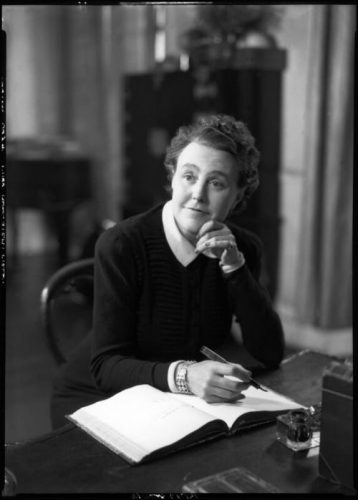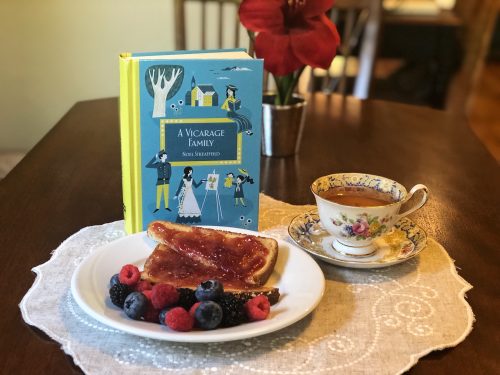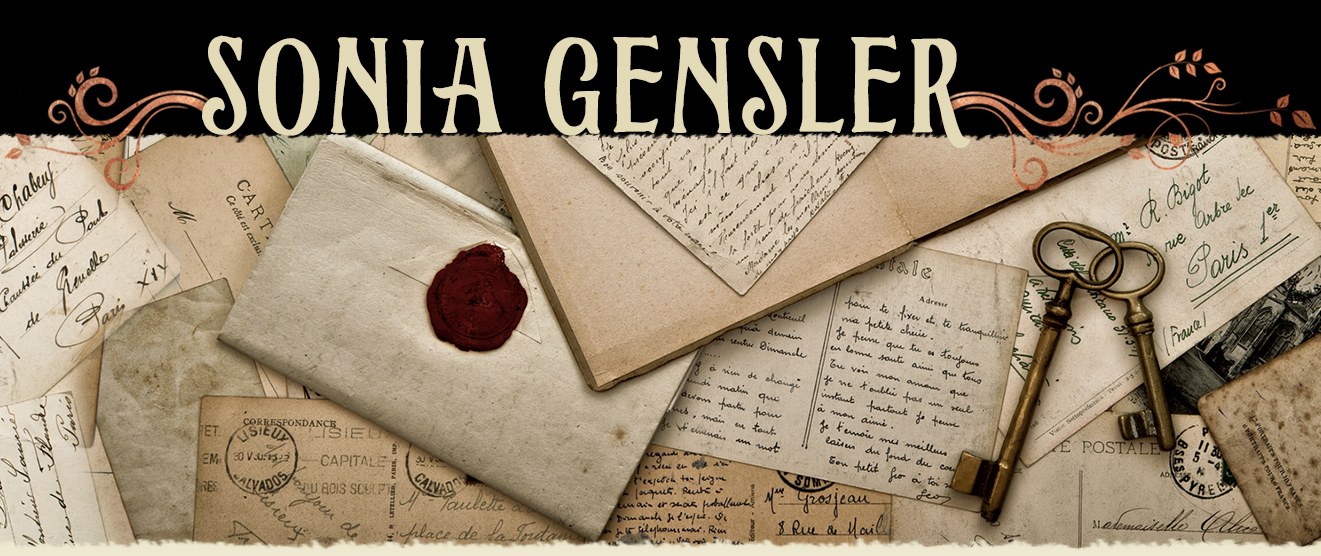Have you noticed how I tend to ping-pong between Gothic and Cozy stories? After last month’s gluttony of dark mysteries, I craved comfort, and thus I turned to Noel Streatfeild‘s fictionalized account of her childhood, A Vicarage Family.
Streatfeild is best known for her “Shoes” books–Ballet Shoes, Tennis Shoes, Circus Shoes, and more. The first time I heard of her was in the iconic scene from You’ve Got Mail in which a former indie bookstore owner (played by Meg Ryan) comes to the rescue of a clueless Fox Books employee by explaining what the “Shoes” books are. Prior to that, Streatfield was NOT on my radar. A few years ago I finally read (and loved) Ballet Shoes, but A Vicarage Family has possibly sparked a new obsession.
Goodreads synopsis:
A Vicarage Family is the first part in a fictionalized autobiography in which Noel Streatfeild tells the story of her own childhood, painting a poignant and vivid picture of daily life in an impoverished, genteel family in the years leading up to the First World War.
In the story there are three little girls – Isobel, the eldest, is pretty, gentle and artistic; Louise the youngest, is sweet and talented – and then there is Vicky, ‘the plain one’, the awkward and rebellious child who doesn’t fit in at school or at home. Growing up in a big family Vicky feels overlooked but gradually begins to realize that she might not be quite as untalented as she feels.

Noel Streatfeild in 1945. (I want an author photo like this!)
My thoughts:
In many ways A Vicarage Family, first published in 1963, reminded me of Little Women, but with a distinctly English flavor. The family is respectable but rather poor and a bit eccentric. The middle daughter, Vicky, is the author’s representation of herself as a child, and Streatfield pulls no punches in characterizing this younger self as moody and difficult. Vicky also is clever and creative, but she has a chip on her shoulder as the “awkward middle child” who is neither pretty nor sweet.
Lest you fear this will be a saccharine story, rest assured there is plenty of dramatic tension. The children squabble amongst themselves, of course, but generally band together against the grown ups. There’s animosity between Vicky and her mother, as well as with her teachers, because she is so very headstrong and equates compliance with shameful capitulation. One of the more fascinating tensions for me was between those of “high” and “low” leanings in the Anglican church. The children’s father is quite comfortable with pageantry and ritual, whereas their mother prefers a plainer style of worship, and this tension seems to strain their relationship throughout the story.
Above all, I wish to express that this book is quite lovable but also, in a very fascinating way, a bit prickly. I also want to mention that my copy is a 2018 Puffin edition with an introduction by Laura Clouting, historian at the Imperial War Museum in London. I obtained my copy from The Book Depository through Amazon.com.
I’m still trying to track down the sequels, Away from the Vicarage, and Beyond the Vicarage. In the meantime I plan to get my hands on Streatfeild’s Tea By the Nursery Fire.
Speaking of tea…

To pair with this book I’m suggesting an herbal tea that both children and adults might enjoy. Carytown Teas in Richmond, VA, offers a lovely organic/fair trade Blood Orange blend with “citrus fruits, tart hibiscus, rose hips and calendula petals.” (I visited this store last year and the owner was very knowledgable and helpful. Do peruse their offerings–there are so many lovely blends to choose from!) For the tea snack, I thought something simple would be nice–toast with sour cherry jam from Stonewall Kitchen, along with a side of fresh berries.
BONUS: Other novels featuring daughters of clergy:
The Pastor’s Wife (1914), by Elizabeth Von Arnim
The Rector’s Daughter (1924), by F.M. Mayor (featured here)
A Clergyman’s Daughter (1935), by George Orwell (Interesting, huh?)
The Four Graces (1945), by D.E. Stevenson (featured here)
Excellent Women (1952), by Barbara Pym
O Ye Jigs & Juleps, (1962) by Virginia Cary Hudson (recommended by Dee Dee Chumley)
A Long Way from Verona (1971), by Jane Gardam (featured here)
Any others you’d recommend?
Coming soon: 2019 Spooky Film Recs! Click here to browse offerings from previous years.



